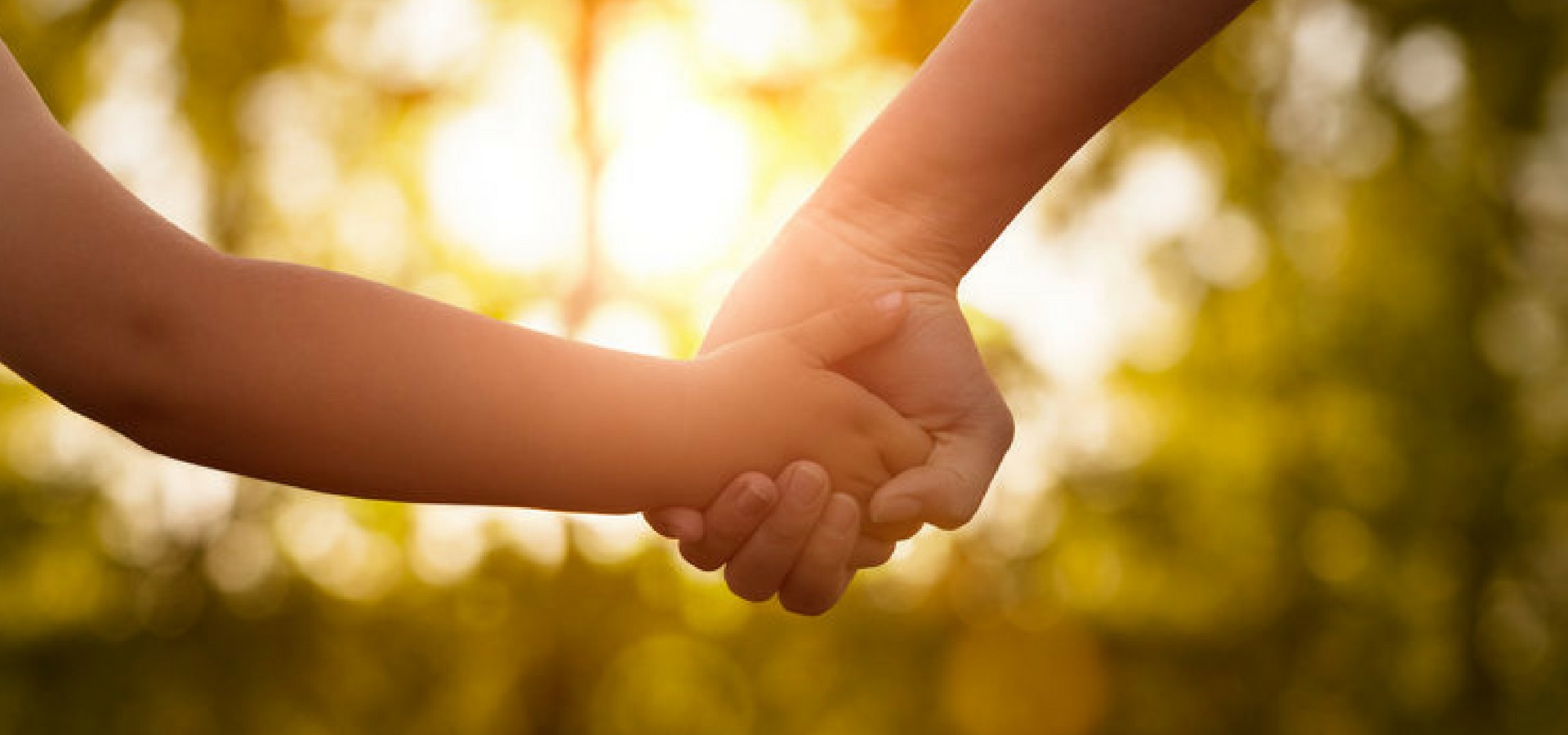The Garden Route fires took everyone by surprise. After a trauma, it’s completely natural to be in a state of shock and disbelief. Many deny the reality, become angry and/or disillusioned, as they begin to face the deep sense of loss of what was. Over time most will be able to come to a place of acceptance and/or find meaning from this tragedy.
Children often experience trauma differently, as they are more sensitive and less able to express their feelings and needs. They need our ongoing reassurance and support – even if their houses were ultimately safe, yet had to evacuate suddenly and/or witness the scale of the fire, or destruction of land and homes. All children in these communities have been impacted in some way, and for many their entire sense of safety in the world can feel different or shattered because their whole community has experienced such a large shock.
During traumatic events, the brain goes into an adaptive ‘emergency mode’ (i.e. flight or fight mode) –releasing stress hormones (like adrenaline and cortisol) to cope with whatever comes. After the immediate danger is over however, it can be hard to convince the body that it can relax again and that the danger is truly over. Add to this the fact that children are more sensitive and don’t express themselves well, so a range of behaviours, including sleep and appetite changes can be expected. Watch this video clip of children’s common responses after a trauma. Understand that these are all normal reactions to an abnormally stressful situation and these changes may last for a few weeks. With your on-going and responsive support, and attentively addressing their needs, these reactions often disappear and children recover fully.
Here are four simple principles to help children cope :
Ensure safety – do everything to ensure physical safety; constantly reassure them that they are safe; tell them repeatedly that the danger is over; establish routines again as soon as possible.
talk about it / help them let their feelings out – they often need support in getting out their feelings; listen and answer questions; avoid forcing them to talk; contradictions in re-telling the event is normal (use drawings, stories or metaphors). normalizing symptoms – explain that what they are going through (e.g. nightmares/ anxiousness) is normal after such a sudden, unexpected and dangerous experience. Symptoms are never a sign of weakness; should be taken seriously and need time for healing like any physical injury.
Get more help – trauma counseling may often be needed (depending on the intensity of the trauma, the child’s previous traumatic events, their age and ability to process it healthily with your support and your response and well-being). If your child’s changed behaviour worsens or intensifies over time, or delayed reactions show up, Post Traumatic Stress Disorder (PTSD) can occur.
Try to remember that what children find stressful, and how they cope, differs from us. Sometimes the smallest or strangest aspect of the experience may have been their biggest concern. Watch them, listen and above all be patient.
Remember, the Garden Route fires have affected everyone living in this area. Even without being evacuated, residents constantly smelt the smoke, read and saw images of the fire, heard stories of friends and loved ones losses and the damage remains obvious for all to see.
If you know someone affected, reach out and support them. Share what you’ve learned or point them to valuable information (ch.4 of ParentMagic deals with trauma) and assure them that professional help is available (privately or via organizations like FAMSA with trained counselors in both Plettenberg Bay and Knysna).
- Help ! My child’s being bullied - April 20, 2018
- Words can make or break - February 21, 2018
- QUALITIES IMPORTANT FOR YOUR CHILD’S SELF ESTEEM - October 17, 2017





